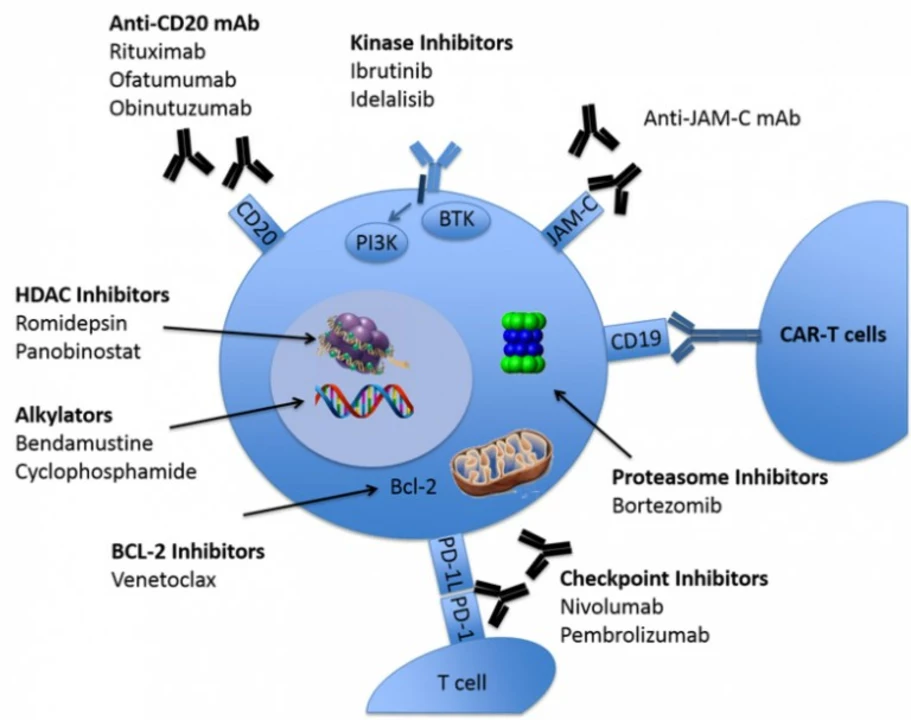Cyclophosphamide: what it does and what to watch for
Cyclophosphamide is a widely used chemotherapy and immune‑suppressing drug. It treats cancers (like lymphoma and breast cancer) and some autoimmune diseases (such as lupus or vasculitis). It can work well, but it needs careful handling because it affects immune cells, the bladder, and fertility.
How does it work? Cyclophosphamide damages rapidly dividing cells — cancer cells and some immune cells. That’s why it helps control disease, but it also causes side effects in other fast‑growing tissues such as bone marrow and hair follicles.
Common side effects and how to manage them
Nausea and vomiting: anti‑nausea medicines are routine. If you feel sick after a dose, tell your care team — they can adjust meds so you can stay on treatment.
Low blood counts: cyclophosphamide can reduce white cells, red cells and platelets. Expect regular blood tests. If counts drop, your doctor may delay treatment, lower the dose, or give supportive drugs (growth factors or transfusions).
Bladder irritation and bleeding: a known risk is hemorrhagic cystitis (bladder inflammation and sometimes blood in the urine). You can lower this risk by drinking plenty of fluids around treatment and, in many cases, taking a protective drug called mesna. Always report any blood in urine right away.
Hair loss and fatigue: common but usually temporary. Planning coping strategies — wigs, gentle hair care, pacing activity — helps daily life.
Safety, monitoring and practical tips
Monitoring matters. Your team will order blood tests and urine checks on a schedule based on your dose and condition. Follow those labs — they guide safe dosing and timing. Also tell your doctor about all other medicines, herbal products, and supplements because interactions can change effects or raise risks.
Fertility and pregnancy: cyclophosphamide can harm fertility in both men and women and can cause birth defects. If you might want children, discuss sperm or egg preservation before starting. Avoid pregnancy during treatment and for the advised time after; use reliable contraception.
Vaccines and infections: because the drug weakens the immune system, live vaccines are usually avoided during and for some time after treatment. Stay up to date on other vaccines as your care team recommends and avoid close contact with sick people.
Handling and home safety: if you take oral cyclophosphamide, wash your hands after handling pills. If a tablet is broken or vomit/urine from soon after dosing contacts skin, wash the area and call your provider for advice.
Final practical note: cyclophosphamide is powerful and useful, but it needs teamwork. Keep appointments, report side effects early, and ask about fertility or bladder‑protection options before treatment starts. If something worries you — odd bleeding, fever, severe nausea, or changed urine — call your care team without delay.
As a blogger, I recently came across some fascinating information about a drug called cyclophosphamide. It's primarily used in chemotherapy treatment for various types of cancer and also helps manage autoimmune disorders. I discovered that it works by interfering with the DNA of rapidly dividing cells, thereby preventing their growth and eventually causing cell death. Something that caught my attention was that it can be administered in various ways, such as orally or intravenously, depending on the specific needs of the patient. Overall, cyclophosphamide is a versatile and powerful drug that plays a crucial role in helping many people fight against cancer and other serious health conditions.

